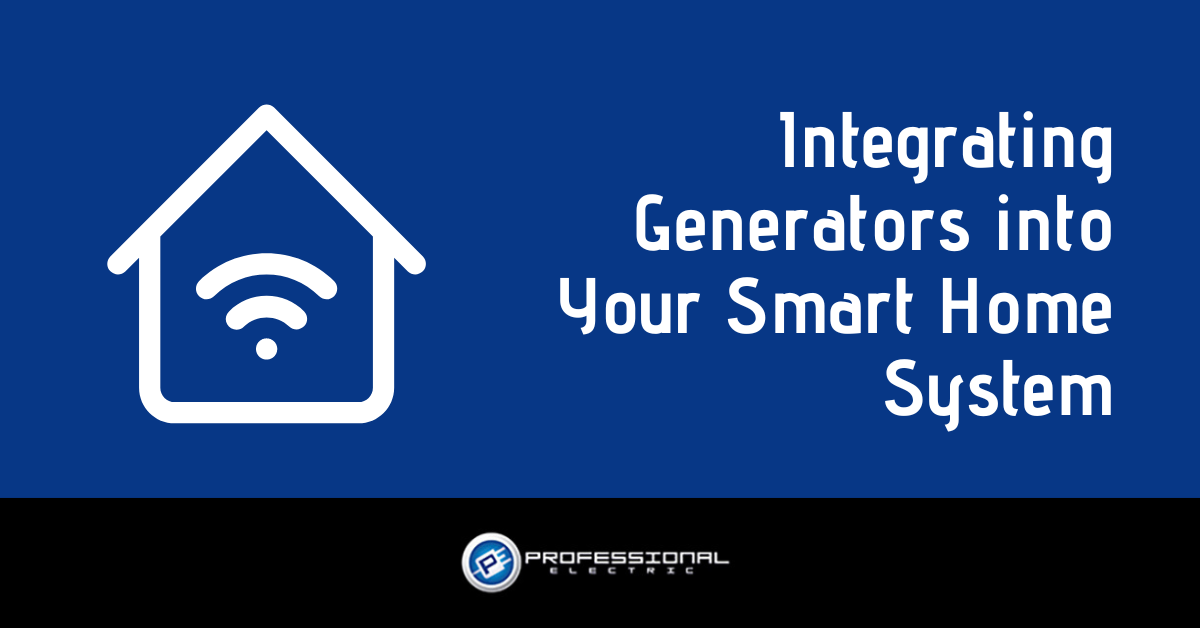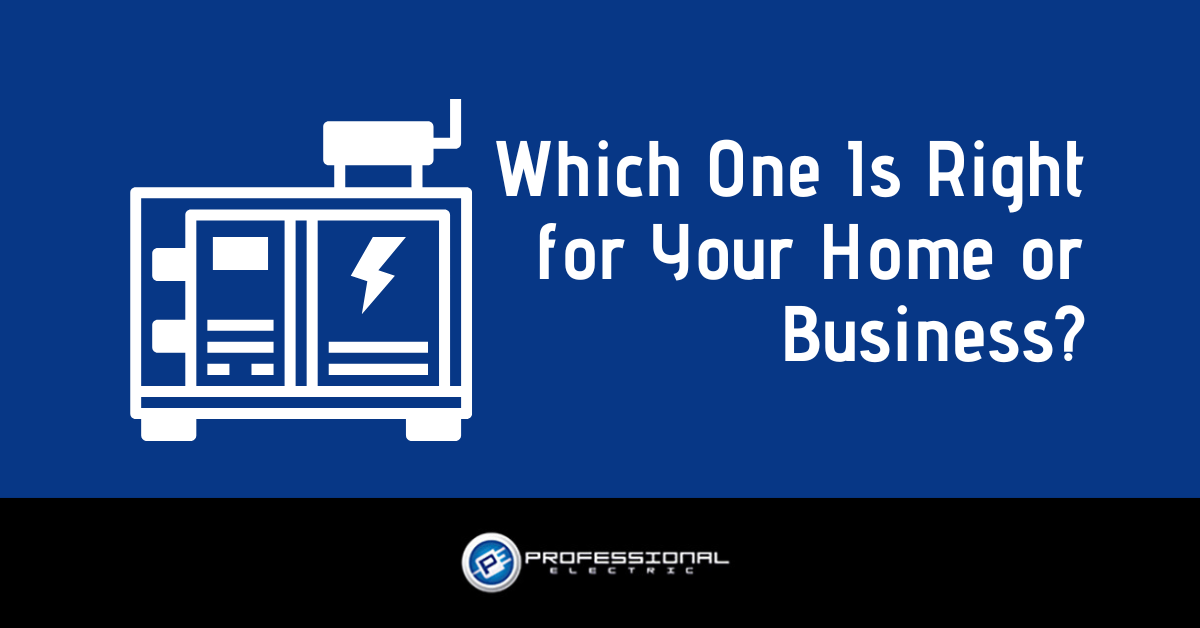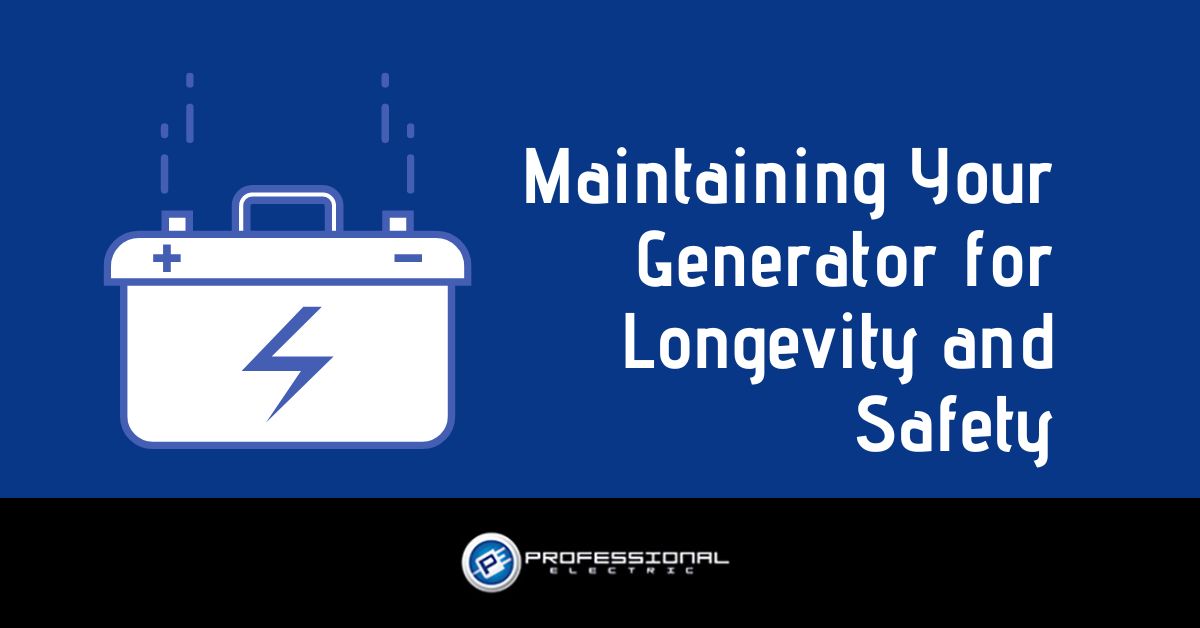In today’s world, integrating essential home appliances into smart home systems is not just a convenience—it’s a necessity. Generators are no exception.
Understanding Smart Home Integration
Smart home systems offer the convenience of managing home appliances via a central device, typically a smartphone or tablet. By integrating a generator into this system, you gain unparalleled control over your power supply, ensuring your home remains operational during power outages. This integration allows for remote monitoring, operation and efficiency management of your generator, ensuring that your home remains powered, safe and comfortable.
Types of Generators Suitable for Smart Home Integration
- Standby Generators: These are permanently installed and automatically provide power during an outage. Standby generators are ideal for smart home integration due to their automatic transfer switches (ATS) that can communicate with smart home systems.
- Portable and Inverter Generators: With the addition of smart plugs and switches, even portable and inverter generators can be part of a smart home setup. These solutions are more manual but can still offer some level of integration for monitoring and control.
Tips for Integrating Generators into Your Smart Home System
- Monitor Generator Status: Some smart home systems and dedicated apps for smart generators allow you to monitor your generator’s status, fuel levels, and maintenance needs. This can be particularly useful for ensuring your generator is always ready when needed.
- Automate with Smart Home Routines: Integrate your generator’s operation into your smart home routines. For example, set it to start automatically when the smart system detects a power outage or when certain appliances need power during an outage.
- Ensure Safety and Compliance: Always consult with a professional electrician to ensure that your setup complies with local codes and safety standards. Professional Electric’s qualified electricians can help with safe and effective integration.
Benefits of Integration
- Improved Energy Efficiency: Smart systems can optimize generator use, turning it on only when necessary, thus saving fuel and reducing wear.
- Better Preparedness: Receive alerts about maintenance needs or fuel levels, ensuring your generator is always ready for its next use.
Integrating your generator into your smart home system adds a layer of convenience, efficiency and reliability to your home’s power backup solution. With the right setup and professional advice from Professional Electric, your home can remain comfortable and functional, even during extended power outages. Explore more about generators and smart solutions for your home at Professional Electric’s Generators page and ensure your home is smartly powered in every situation.
For further insights into electrical solutions and smart home integration, visit our blog. Remember, integrating complex systems requires professional insight to ensure safety and functionality—don’t hesitate to reach out to Professional Electric for expert assistance.



